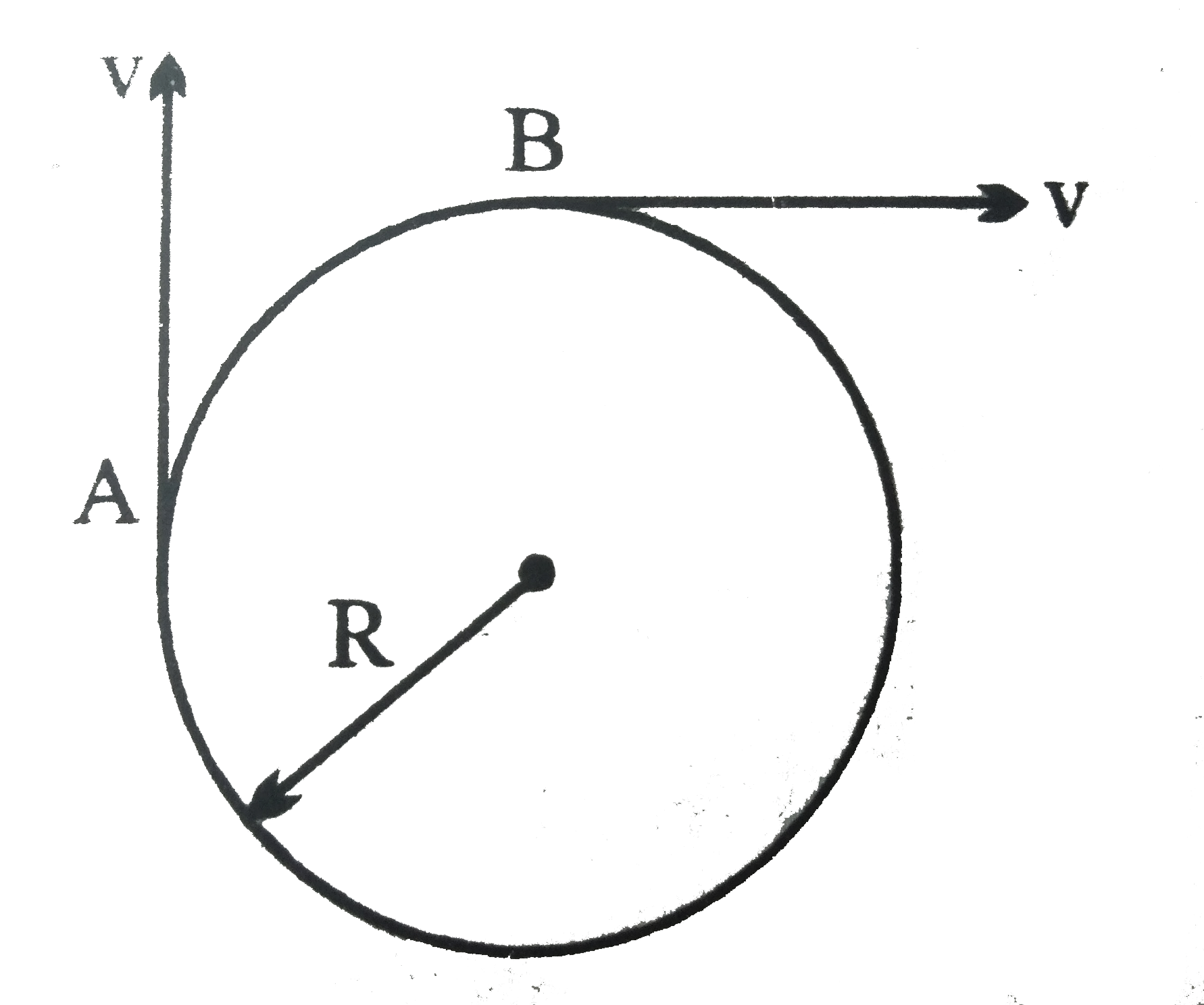The angular velocity of particle of rigid body is not constant. Solution in Gujrati
Step by step video & image solution for The angular velocity of particle of rigid body is not constant. by Physics experts to help you in doubts & scoring excellent marks in Class 11 exams.
Updated on:21/07/2023Topper's Solved these Questions
- SYSTEMS OF PARTICLES AND ROTATIONAL MOTIONBOOK - KUMAR PRAKASHANCHAPTER - SYSTEMS OF PARTICLES AND ROTATIONAL MOTIONEXERCISE - SECTION-B NUMERICALS
29 Videos
- SYSTEMS OF PARTICLES AND ROTATIONAL MOTIONBOOK - KUMAR PRAKASHANCHAPTER - SYSTEMS OF PARTICLES AND ROTATIONAL MOTIONEXERCISE - SECTION-B NUMERICALS FROM TEXTUAL EXERCISE
21 Videos
- SYSTEMS OF PARTICLES AND ROTATIONAL MOTIONBOOK - KUMAR PRAKASHANCHAPTER - SYSTEMS OF PARTICLES AND ROTATIONAL MOTIONEXERCISE - SECTION-A HOTS
3 Videos
- QUESTIONS ASKED IN JEE - 2020 BOOK - KUMAR PRAKASHANCHAPTER - QUESTIONS ASKED IN JEE - 2020 EXERCISE - Question
16 Videos
- THERMAL PROPERTIES OF MATTERBOOK - KUMAR PRAKASHANCHAPTER - THERMAL PROPERTIES OF MATTEREXERCISE - Question Paper (Section - D) (Answer following in brief :) Each carry 4 marks
1 Videos
Similar Questions
Find the centre of mass of three particles at the vertices of an equilateral triangle. The masses of the particles are 100g, 150g, and 200g respectively. Each side of the equilateral triangle is 0.5m long.
View SolutionGive the location of the centre of mass of a (i) sphere, (ii) cylinder, (iii) ring, and (iv) cube, each of uniform mass density. Does the centre of mass of a body necessarily lie inside the body ?
View SolutionWhat is torque? Explain the torque acting on a particle.
View SolutionA non-isotropic solid metal cube has coefficient of linear expansion as 5×10−5/∘C along the x-axis and 5×10−6/∘C along y-axis and z-axis. If the coefficient of volumetric expansion of the solid is n×10−6/∘C then the value of n is....
View SolutionIn an experiment on the specific heat of a metal, a 0.20 kg block of the metal at 150∘C is dropped in a copper calorimeter (of water equivalent 0.025 kg) containing 150 cm3 of water at 27∘C. The final temperature is 40∘C. Compute the specific heat of the metal. If heat losses to the surroundings are not negligible, is your answer greater or smaller than the actual value for specific heat of the metal ?
View SolutionRelative Angular Velocity In Case Of A Rigid Body
View SolutionThe angular velocity of a rigid body about any point of that body is same :
View SolutionTwo points of a rigid body are moving as shown. The angular velocity of the body is :
 .
.
View SolutionStatement-I : Angular velocity is a characteristic of the rigid body as a whole. Statement-II : Angular velocity may be different for different particles of a rigid body about the axis of rotation.
View SolutionA rigid body of moment of inertia l has an angular acceleration α. If the instantaneous power is P then, the instantaneous angular velocity of the body is
View SolutionEstablish a relation between angular momentum and moment of inertia of a rigid body.
View SolutionObtain an expression for torque acting on a rotating body with constant angular acceleration. Hence state the dimensions and SI unit of torque.
View SolutionA : When a rigid body rotates about any fixed axis, then all the particles of it move in circles of different radii but with same angular velocity.
R : In rigid body relative position of particles are fixed.
View SolutionStatement : I The angular velocity of a rigid body in motion is defined for the whole body.
Statement II : All points on a rigid body performing pure rotational motion are having same angular velocity.
View SolutionIf angular velocity of a rIgId body at 10 cm distance from rotational axis is 10 rad/s, then the linear velocity of particle is …... .
View Solution
